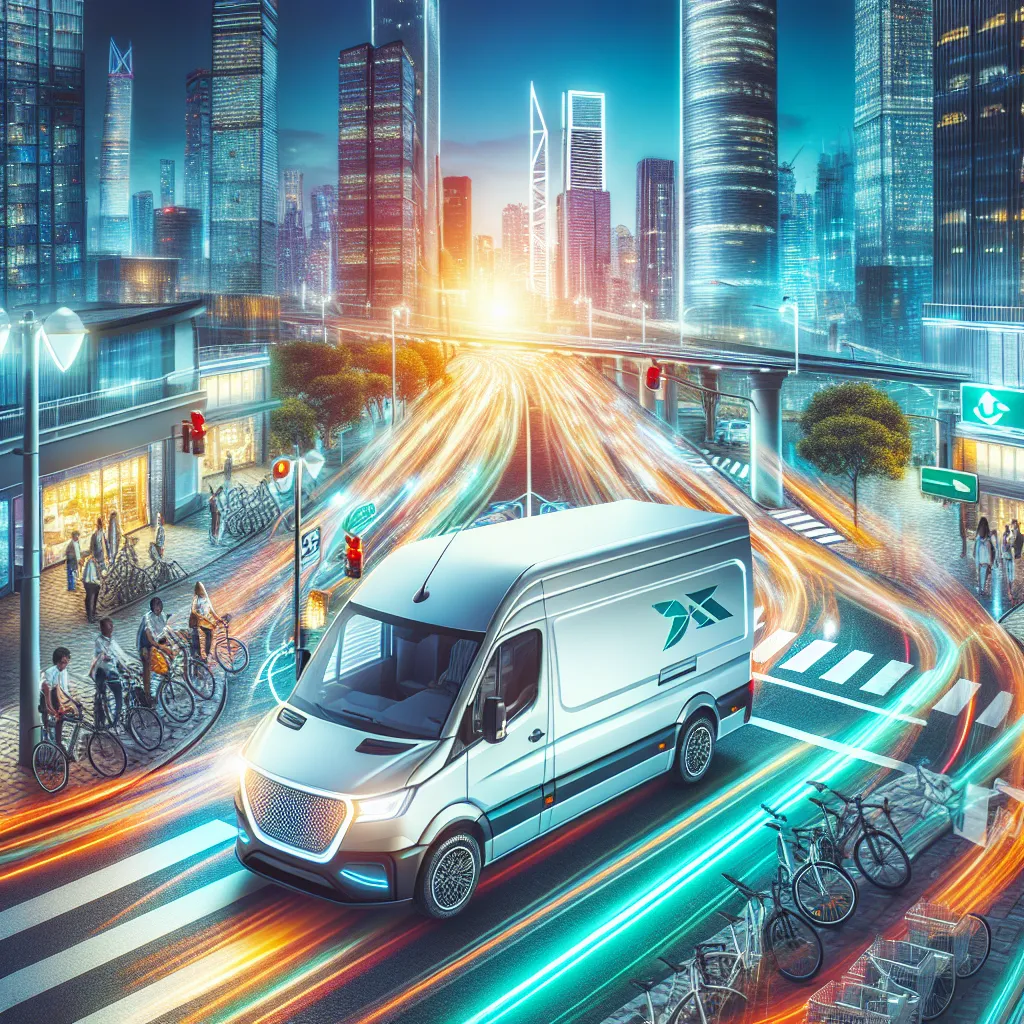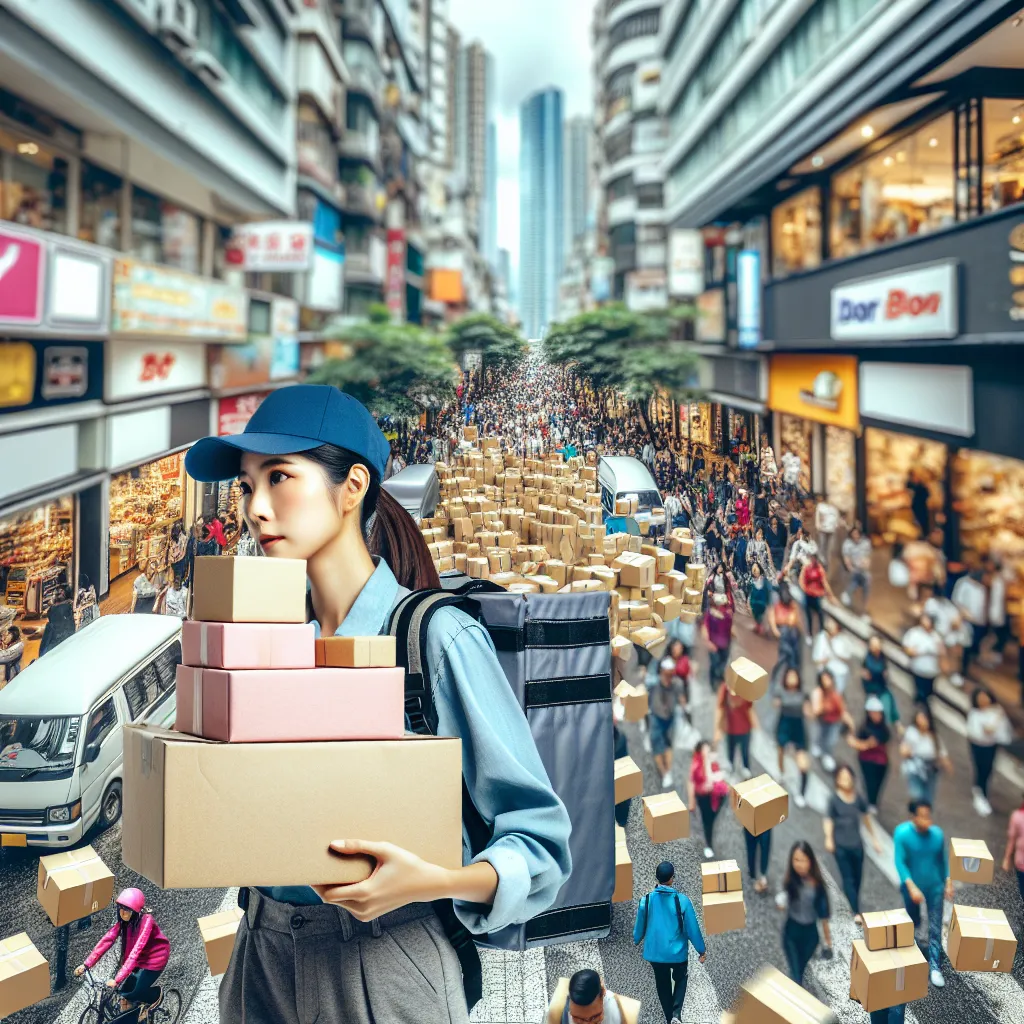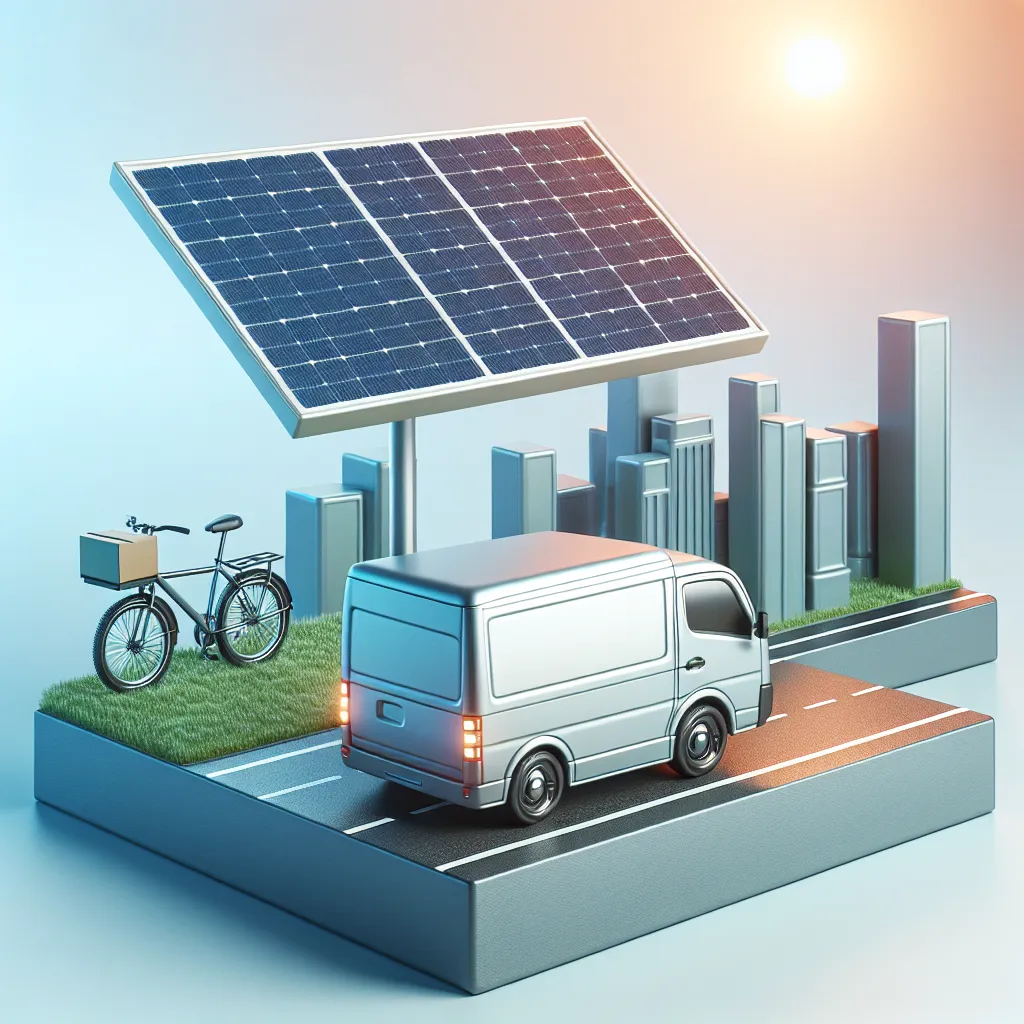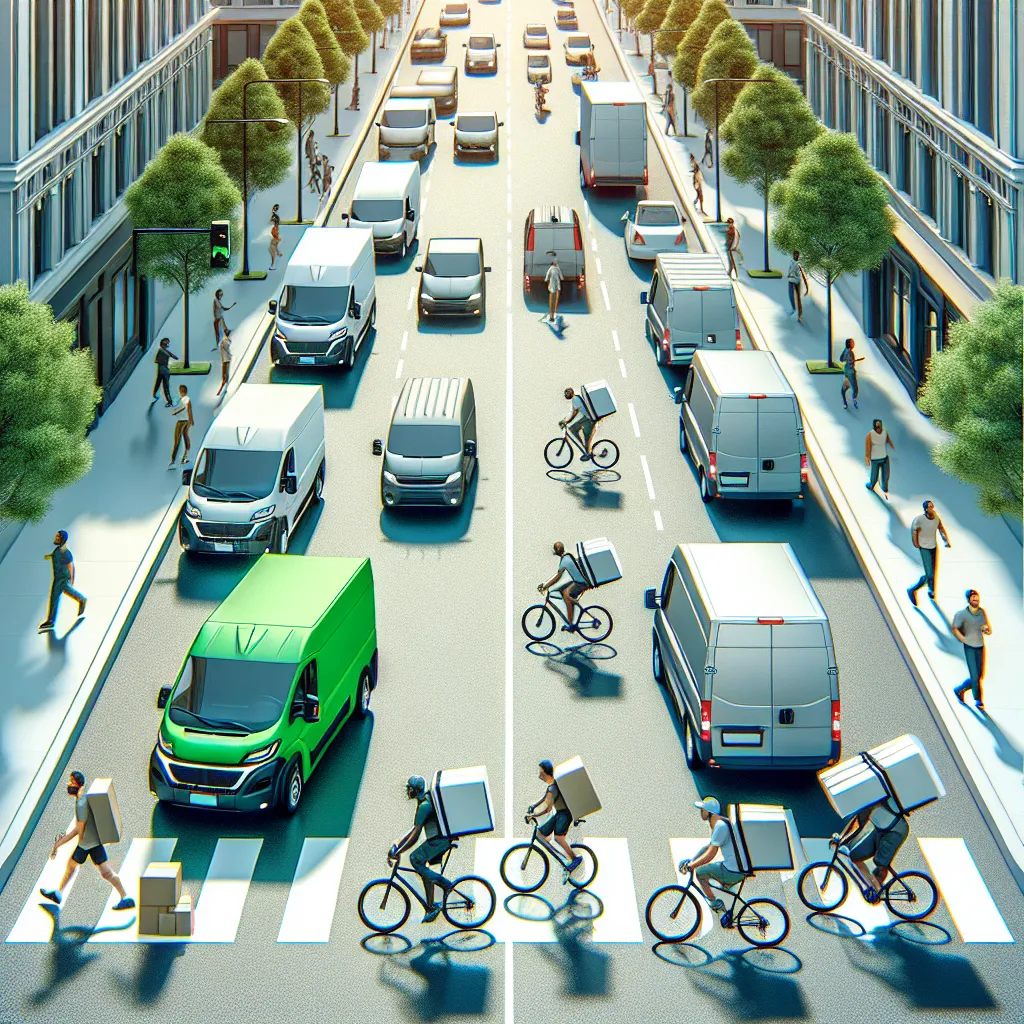The Importance of Sustainable Last-Mile Delivery in Urban Environments
Last-mile delivery plays a crucial role in the success of urban logistics, ensuring that goods reach their final destination in a timely manner. However, the environmental impact of this phase cannot be overlooked. Balancing the need for speed with environmental responsibility is becoming increasingly important in urban environments. Sustainable last-mile delivery practices are essential in addressing the challenges of increasing traffic congestion, air pollution, and carbon emissions in cities.
Implementing sustainable last-mile delivery solutions, such as electric vehicles, cargo bikes, and optimized route planning, can significantly reduce the carbon footprint of urban logistics operations. Companies are increasingly recognizing the importance of integrating environmentally friendly practices into their delivery processes to minimize their impact on the environment. This not only aligns with corporate social responsibility goals but also meets the growing demand from environmentally conscious consumers.
Furthermore, local authorities are taking steps to encourage sustainable last-mile delivery by implementing urban planning strategies that support the use of alternative transportation modes and the creation of delivery hubs outside city centers. These initiatives aim to reduce traffic congestion and emissions while improving the overall efficiency of last-mile delivery.
In conclusion, sustainable last-mile delivery is crucial for addressing environmental concerns in urban environments. By incorporating eco-friendly practices and embracing innovative solutions, companies can optimize their delivery operations while minimizing their impact on the environment. As the demand for urban logistics continues to grow, sustainable last-mile delivery will play an increasingly vital role in creating greener and more livable cities.
Strategies for Optimizing Last-Mile Delivery Efficiency while Reducing Environmental Impact
Last-mile delivery has become a critical focus for businesses seeking to balance speed and environmental responsibility. As e-commerce continues to surge, the pressure to optimize last-mile delivery efficiency while reducing environmental impact has intensified. To achieve this delicate balance, companies are implementing various strategies to address the challenges associated with the final leg of the delivery process.
One key strategy for optimizing last-mile delivery efficiency and reducing environmental impact involves route optimization. By leveraging advanced routing algorithms and real-time traffic data, companies can identify the most efficient delivery routes that minimize fuel consumption and reduce carbon emissions. Additionally, the use of predictive analytics enables companies to anticipate demand patterns and proactively optimize delivery schedules, further streamlining last-mile operations.
Another vital aspect of enhancing last-mile delivery efficiency is the adoption of alternative transportation modes. Electric vehicles, cargo bikes, and drones are among the innovative solutions being deployed to reduce reliance on traditional fuel-powered delivery vehicles. These eco-friendly alternatives not only contribute to lower emissions but also offer enhanced flexibility in navigating congested urban areas, ultimately improving delivery speed and efficiency.
Furthermore, the strategic placement of urban distribution centers plays a pivotal role in last-mile delivery optimization. By strategically locating fulfillment centers closer to densely populated areas, companies can minimize the distance traveled during the final delivery stages. This approach, often referred to as micro-fulfillment, enables quicker deliveries while reducing the overall carbon footprint associated with last-mile transportation.
In conclusion, businesses are actively pursuing strategies to optimize last-mile delivery efficiency while mitigating environmental impact. By embracing innovative technologies, alternative transportation modes, and strategic operational practices, companies can achieve the delicate balance between speed and environmental responsibility in the last mile of delivery.
Embracing Green Technology in Last-Mile Delivery Operations
Embracing green technology in last-mile delivery operations is becoming increasingly important as companies strive to balance the need for speed with a commitment to environmental responsibility. With the rise of e-commerce and same-day delivery, the last mile has become a key focus area for innovation in the logistics industry. Green technology offers viable solutions to reduce the carbon footprint of delivery operations while maintaining the efficiency and speed that customers expect.
One of the most prominent green technologies being embraced in last-mile delivery is the use of electric vehicles (EVs). These vehicles produce zero tailpipe emissions and have lower operating costs compared to traditional fuel-powered vehicles. EVs are also quieter, reducing noise pollution in urban areas, and can be charged using renewable energy sources, further reducing their environmental impact.
Another important aspect of embracing green technology in last-mile delivery is the adoption of route optimization and smart delivery management systems. By leveraging data analytics and machine learning, companies can optimize delivery routes to minimize fuel consumption and emissions. These systems also enable better coordination of delivery schedules, reducing the number of unnecessary trips and idling time, thus lowering the overall environmental impact of the delivery process.
Furthermore, the use of sustainable packaging materials and innovative packaging designs is gaining traction in last-mile delivery. From biodegradable packaging materials to right-sized packaging solutions, companies are exploring options to reduce waste and minimize the environmental impact of packaging and transporting goods to customers.
In conclusion, embracing green technology in last-mile delivery operations is essential for achieving a balance between speed and environmental responsibility. By leveraging technologies such as electric vehicles, route optimization systems, and sustainable packaging solutions, companies can meet the growing demand for fast deliveries while minimizing their carbon footprint and contributing to a more sustainable future.




